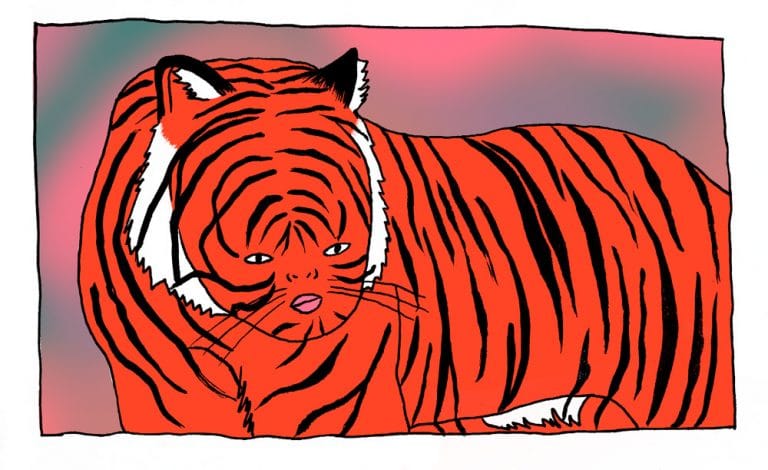Here’s the problem with motivational and inspirational memes
Why is it that motivational memes are encountered daily on our social media feeds? Made up of quotes that famous influencers, philosophers, and CEOs may or may not have said, the source of them doesn’t seem to matter, and it looks like we don’t have to understand them either for them to make an impact. This begs the question: what do motivational memes truly say about us?
We all have that one person on our socials who will post passive-aggressive digs at whoever is currently pissing them off. Ex partners seem to be the most common target, and this kind of post is usually followed by a cringey Instagram Story plastered with quotes such as “Don’t cry because it’s over, smile because it happened” by Dr Suess. We get it, that person has not reached the ‘moving the fuck on’ phase just yet, but it’s unnecessary nonetheless.
Motivational quotes and memes remind us of what we should probably already know. Here’s a prime example: “If you know you can do better … then do better.” The source remains unknown—thankfully. If you truly want to do better, just do it, right? There also seems to be a lot of the same thing being said in countless different ways, from “All our dreams can come true, if we have the courage to pursue them,” said, apparently, by Walt Disney, to “The secret of getting ahead is getting started,” beautifully put by Mark Twain.
Another common quote we reach for when we don’t get our way is “Everything happens for a reason.” Let’s just think about this one for a moment. You did something, and something happened as a result. Things happen, that’s a fact. This particular quote has been morphed into a delusional insinuation that what happened was created by something else—but the reason is simply multiple choice. You or your subconscious did something that led to something else down the line. It’s a chain of effect. Reaction. But hey, whatever makes you feel better.
There is some role these quotes have to play in public self-justification and validation too. Post a quote that the Buddha apparently once said, and now you’re ‘spiritual’. This weird, one-dimensional depiction we try to make of ourselves is slowly turning us into mindless copies of each other.
An interesting aspect of this debate is the age or mental state we are in when our interest in these motivational quotes peaks. We arguably all go through a stage in our lives where our brains and opinions are still developing around specific ideas. Then, as our views expand, one would hope that we begin to face the world as it is or begin to realise that we are not at the centre of it. And yet, some people will continue to feed on them. A Canadian study based on the “reception and detection of pseudo-profound bullshit” argues that actually, those that are impressed by these seemingly profound quotes, have a lower intelligence—ouch.
In four different studies, participants were presented with a series of bullshit, and non-bullshit quotes derived from collected buzzwords, such as “Hidden meaning transforms unparalleled abstract beauty,” and asked to react to them by rating their profoundness on a scale of one to five. Although this statement may seem to convey some sort of potentially profound meaning, it is merely a collection of these buzzwords put together randomly in a sentence that retains syntactic structure. They concluded that those who stated quotes as profound, were less likely to engage in reflective thinking, and more likely to hold conspiratorial or paranormal beliefs.
At the risk of sounding hypocritical, I will quote social and cognitive scientist Dan Sperber who once said that “all too often, what readers do is judge profound what they have failed to grasp.” In other words; it must be clever because it makes absolutely no sense at all. That’s exactly why motivational memes and quotes are so problematic.
It seems we’ve been as brainwashed as members of the Church of Scientology on this one; we believe anything we’re being fed and can’t live our lives without the help of some made-up nonsense. So, do yourself a favour next time you’re itching to repost that fake Dalai Lama quote, don’t, just don’t.





